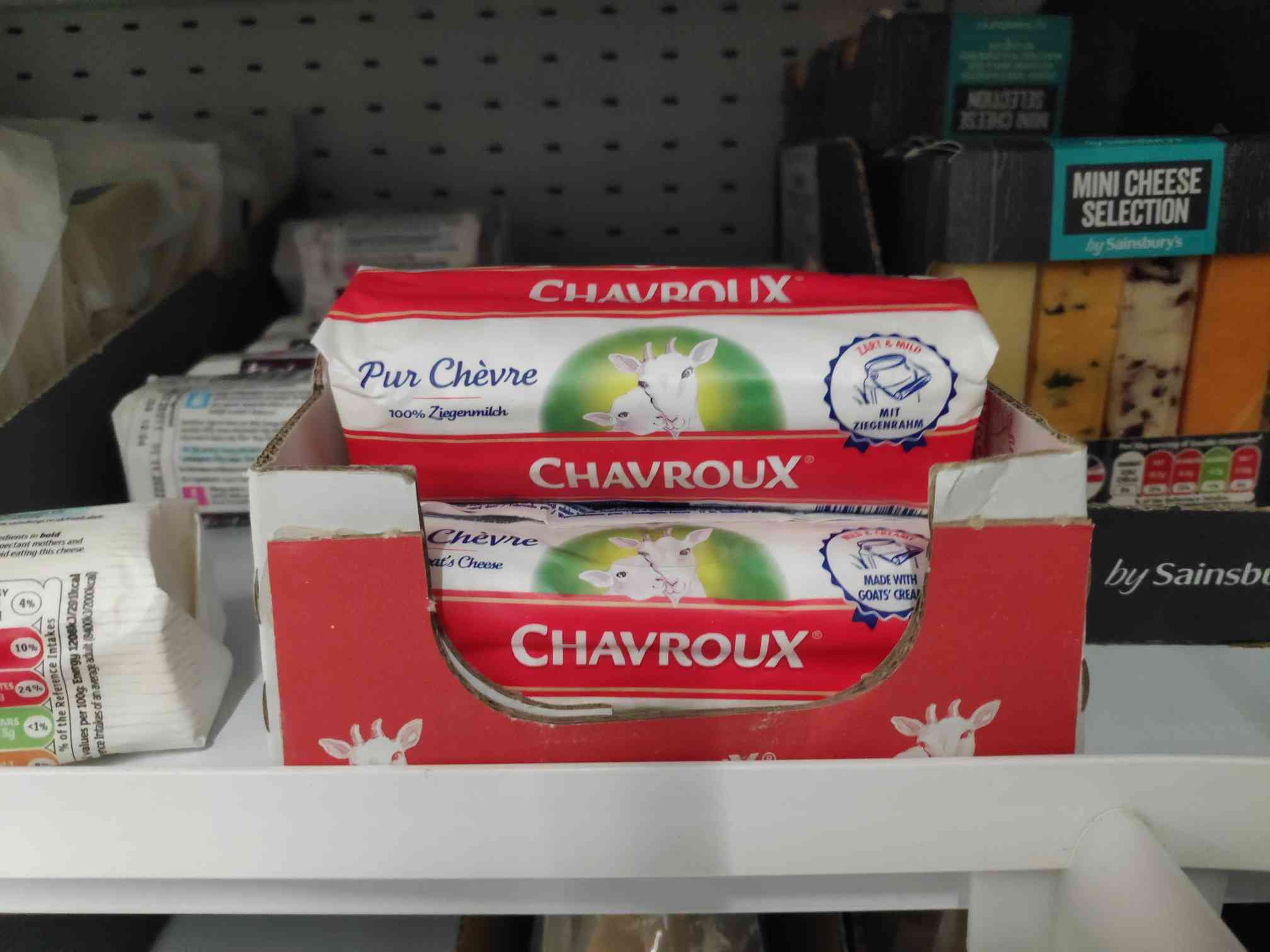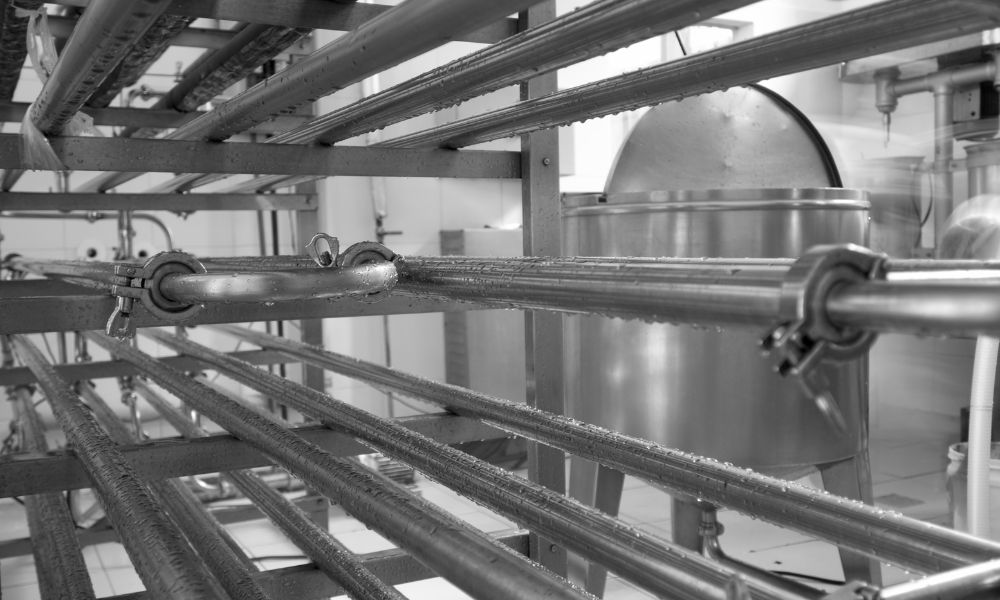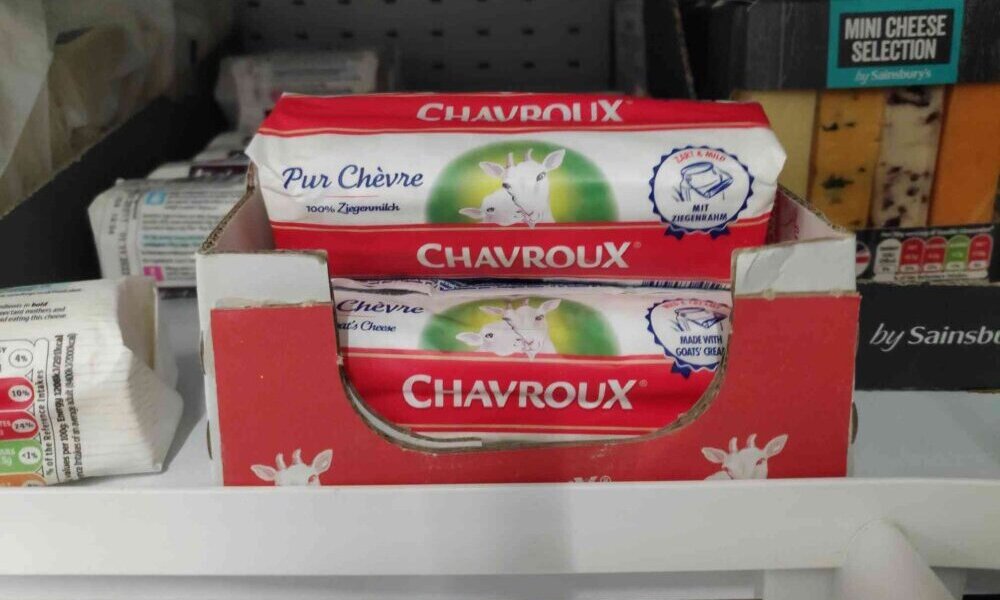I am and always have been a cheese lover and i’ve always wondered as i’m sure you have is goat milk pasteurized?
But what exactly is pasteurization?
There’s a lot to be explored with this topic, so let’s start at the beginning.

What is pasteurization and where did it start?
Pasteurization, simply put, is a process by which packaged foods are treated with heat to eliminate bacteria and pathogens and extend the healthy shelf life of the product.
The term has typically been associated with milk and dairy products, but it is also used for fruit juices and other products.
So, pasteurization is part of the processing foods undergo before they reach supermarkets; any cheese, therefore, is not naturally pasteurized.
Pasteurization in some form or another has a very long history.
From at least the 12th Century, heating processes were used for the preservation of wine in China, and such processes were also documented later on by Japanese monks in following centuries.
Even later than that, Italian scholars proved products could be ‘sterilized’ by the process of heating.
This work was built on by a chef from Paris who wanted to use the process to preserve foodstuffs; later that year, the French military offered a considerable sum for coming up with a new preservation process.
In the 1860s, a French microbiologist named Louis Pasteur conducted research which demonstrated that dangerous microorganisms in wine could be deactivated by thermal processing.
His research also showed that enzymes which caused food to spoil were less active during and after pasteurization.
Today, many products are treated in this way before they reach supermarket shelves.
It was a revolution in food safety and has doubtless saved countless lives and prevented untold disease over the years.

What is the difference between pasteurized and unpasteurized cheese?
So, on an industrial scale, pasteurization is obviously a very helpful process.
When producing milk and cheese on the scale that modern society demands it, you can see why pasteurization is necessary.
The process does, as you can imagine, cause differences in taste, and for this reason many would say unpasteurized cheese is better.
The only quantifiable, measurable difference is the presence of microorganisms in the cheese.
That doesn’t mean any other difference is down to interpretation, just that it is harder to explain in the kind of scientific terms that the process of pasteurization represents.
If you’re raising your own goats, then of course you have the option to pasteurize the cheese, unlike shop bought which will already be pasteurized.
Your goat’s milk will have a unique character and freshness, and it will be free from any chemicals or hormones which an industrially farmed animal gets in its feed.
Your goat will live more naturally and eat more naturally, and in this sense is likely to be healthier for it.
Therefore, its milk will be richer in nutrients and minerals, and will inevitably taste fresher.
Indeed, there are certain artisanal cheese producers whose taste could not be replicated anywhere else, simply due to the climate, temperature and local feed available in that region.
This is another great option if you don’t have time to make your own goat’s cheese.
Try your local farmer’s market, or even look at some international sellers who could ship the cheese to you.
Cheeses like this are less likely to be pasteurized.
So, unpasteurized milk often will have a more unique, fresher taste. In general, there is nothing unsafe about eating unpasteurized cheese.
Cheese goes through many processes in order to make it safe to eat, and after all, it was eaten for thousands of years before the process was even invented.
However, there are a couple of small dangers you should be aware of.
Can I eat unpasteurized goat’s cheese while pregnant?
The main group at risk from unpasteurized cheese is pregnant people.
While the microbes present in unpasteurized cheese are not, in general, dangerous to people, they can be very dangerous to unborn babies.
This is, however, not true of all unpasteurized cheeses.
The main distinction is that hard cheeses, even if unpasteurized, are safe.
Unpasteurized goat’s cheese is almost always soft, unfortunately, and therefore should be avoided while pregnant.
Unpasteurized cheeses pose a risk of listeriosis, a bacterial infection caused by germs.
This infection most commonly affects, and poses the greatest dangers to, pregnant women.
That said, there are a number of unpasteurized cheeses and goat’s cheeses which can be safely eaten while pregnant.
These cheeses include cheddar, parmesan, Emmental and Gouda, among many other hard cheeses.
Goat’s milk, then, is not pasteurized by default; no cheese is as pasteurization is something humans do to cheese.
Most store-bought cheese, especially in the United States, is pasteurized to make it as safe as possible.
Cheese has an extremely long history in human cooking, possibly among the oldest of all foods.
For thousands of years prior to the invention of the process as we know it today during the industrial revolution, humans safely ate unpasteurized cheese.
So don’t worry about trying it yourself.

